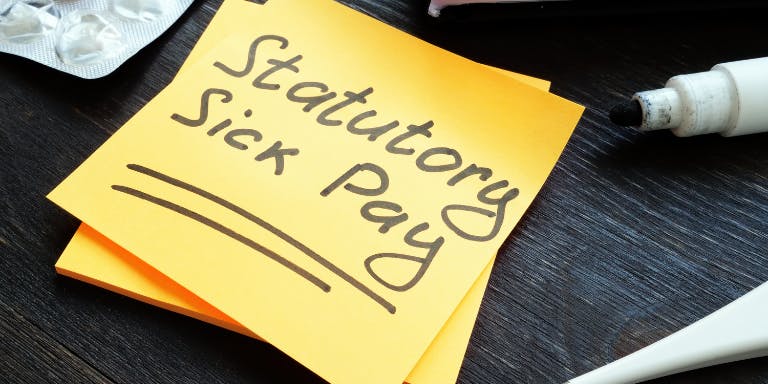First published on Friday, November 29, 2024
Last updated on Friday, November 29, 2024
Welcome to HR Heartbeat, where we give you a rundown of the week’s top employment law stories. Stay on the pulse of current trends impacting your business, plus get up-to-the-minute commentaries on all things HR and legal.
Government announces 'Get Britain Working' initiative
This week the government published plans to ‘Get Britain Working’ alongside some of the biggest employment law reforms in decades.
A review is also set to be conducted on how employers can better support employees with disabilities or health conditions. For employers it’s essential to stay ahead of the curve on any new rules, laws or regulations that come into place.
You have a duty to never treat your staff differently due to them having a disability or a mental health condition.
Failure to stop this form of discrimination, as well as all other forms can lead to claims being made against you at an employment tribunal.
For more information on providing accommodations for disabled employees, try asking Bright BrAInbox: ‘In what circumstances should I make reasonable adjustments?’
Statutory Sick Pay set to rise
The government has confirmed increases to Statutory Sick Pay for 2025/26. While the specific dates these will take effect are yet to be confirmed, we know that:
Statutory Sick Pay is set to increase from £116.75 to £118.75 per week
The Lower Earnings Limit, (the minimum amount employees need to earn to be eligible for payments such as Statutory Sick Pay), will rise from £123.00 to £125.00 per week
Businesses will need to make sure employees are paid the correct rates when changes come into effect to avoid reputational damage and financial penalties.
Using flexible payroll software can help you stay ahead of these changes with ease. BrightHR Payroll automatically calculates pay, taxes, and deductions to keep you on top of HMRC requirements and can help you manage these changes with minimal disruption.
Millions of working days lost to...
Approximately 33.7 million working days were lost due to work-related ill health or injury in the past year, according to an annual report published by the Health and Safety Executive (HSE).
Of these workers, around half (776,000) cited stress, depression, or anxiety as the cause of their ill health.
These findings highlight that work-related ill health and injury is coming at a significant price for both businesses and employees, with figures suggesting £21.6 billion was lost to work-related ill health 2022-23.
Employers looking to support their employees can utilise BrightHR’s Employee Assistance Programme (EAP) to give staff fast-tracked access to wellbeing support and lower staff burnout. Or
Need more support helping employees with their mental wellbeing? Try asking Bright BrAInbox: ‘How does an employee assistance programme help my employees?’
And that’s a wrap. Tune in next week for more headlines to make sure you stay ahead of major employment law changes!






